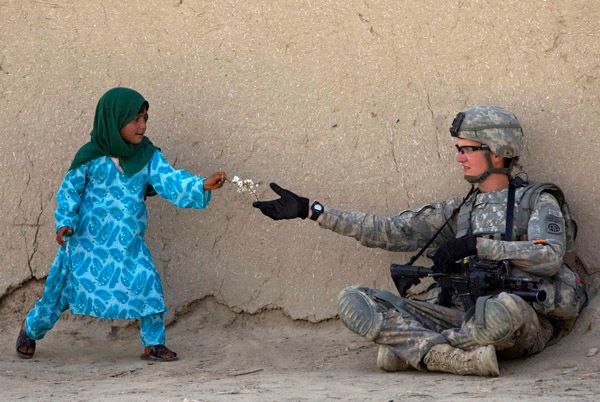Following the now-infamous events of January 6th in the US Capitol, the violent aftereffects of Myanmar's February 1st coup, and the world's ongoing 'war' against the coronavirus, the early stages of 2021 have provided much food for thought in terms of the applicability, efficacy, and ethics of counterinsurgency.
There have been many parallels drawn between counterinsurgency doctrine and the current security crises; renowned counterinsurgency scholar David Kilcullen has called the events of both January 6th and the summer of 2020 in the United States an "incipient insurgency", the impacts of which were "war-gamed" in preparation for a contested election; The UN Security Council is being urged to act to "end the military's stranglehold over democracy in Myanmar", raising questions over the 'Responsibility to Protect' and what international intervention can, and should, be deemed appropriate; What's more, General Stanley McCrystal has likened his model of counterinsurgency to the body's response to infectious diseases, telling Forbes that a network-based strategy was the best way to fight "the coronavirus war", saying "If this is war, we have to rally the resources of everyone who has something, knows something, or can do something to beat the virus".
Yet, the issue of counterinsurgency has long been a contentious one. As Sorina writes in our blog this month - more of which you can read below - in practice, counterinsurgency campaigns have often resulted in a 'fragility storm' of widening inequalities and ineffective military strategies which serve to intensify violent extremism. The classic 'hearts and minds' approach has received criticism thanks to a narrow conception of political legitimacy rooted in colonial practices. Furthermore, as many of you noted in our recent Twitter Hour, an ambiguous distinction between counterinsurgency and counterterror leaves academics, politicians, and practitioners contesting over how to proceed. How, then, can we use the 'lessons learnt' from past and present counterinsurgency campaigns to respond to recent events in ways which are holistic, context-sensitive, and lead to lasting security for all? This is a question we will be following closely in the coming months as political, security, and health crises continue to coalesce across the world.
As you may have guessed, then, counterinsurgency is an important theme for the DRN, and we were delighted to co-host another brilliant Counterinsurgency Forum last month. Bringing together academics and practitioners to discuss our research and share ideas is at the very heart of what the DRN is about. On top of this, it has been great to see so many of you engaged with our theme throughout February on Twitter and Zoom. We look forward to carrying these discussions both virtually and, hopefully in the not-too-distant future, face to face as the DRN continues to grow.
See the full newsletter here: Counterinsurgency
